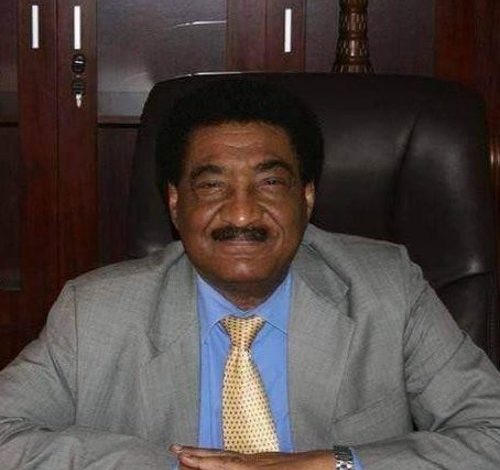“The Day After” the Elections

Ambassador Abdel Mahmoud Abdel Halim
A wave of jubilation swept through Djibouti following the victory of Mahmoud Ali Youssouf, the longest-serving foreign minister among Arabs and Africans, who has held the position since 2005. Meanwhile, a sense of disappointment loomed over Kenya, as reflected in Nairobi’s newspapers this morning, after Raila Odinga’s loss in the seventh round of voting. Mahmoud secured 33 votes, meeting the two-thirds majority required, while the Kenyan candidate received 21 votes.
It seems that Odinga’s reliance on support from the Southern African Development Community (SADC) did not work in his favor. Reports indicate that a directive was issued to SADC members to vote for Madagascar’s former foreign minister, Andriamandratou, as his country is a SADC member. One of President Ruto’s worst nightmares might come true—Odinga could return to challenge him on Kenya’s political stage.
Mahmoud’s election as Chairperson of the African Union Commission, along with his deputy, Algerian Ambassador Salma Haddadi in Addis Ababa, was not welcomed by Abu Dhabi. The election results reflected the limitations of financial influence in shaping African leadership decisions.
As African delegations began departing Addis Ababa for their capitals, analysts have started examining the approach that the new AU Commission Chair will adopt in managing African affairs. He takes office at a time of regional, continental, and global challenges—not only due to the unpredictable policies of the new U.S. administration, the ongoing war in Ukraine, and escalating tensions in Palestine, Lebanon, Syria, Yemen, and Libya but also considering Africa’s own internal crises. The continent is burdened by conflicts in the Democratic Republic of Congo and beyond, the impact of Cold War alignments, and severe economic crises.
Mahmoud, whose heritage is a blend of Djiboutian, Somali, Afar, and Arab roots—much like his country’s hosting of French, Chinese, Spanish, Italian, and Japanese military bases, as well as Camp Lemonnier, the largest U.S. base in Africa—outlined the challenges facing the continent in his victory speech. He stressed the need for African nations to take responsibility for their own security and peace, a goal that has always been difficult to achieve, further complicated by Africa’s financial dependence on external actors and the policies of outgoing AU Commission Chair Moussa Faki and other leaders.
Even if Mahmoud is determined to push for African self-reliance, he inherits a legacy that will not be easy to break free from. Additionally, he will find himself indebted to the international powers that supported him and the regional and continental blocs that backed his candidacy.
For Sudan, Mahmoud has maintained good relations with its leaders and diplomats. He recently visited Sudan, carrying a message from Djibouti’s President, the current IGAD chair, to General Abdel Fattah Al-Burhan, requesting Sudan’s return to IGAD. During the visit, he made positive statements in support of Sudan and its positions.
If Moussa Faki’s tenure has proven that goodwill alone is not enough, then Sudan must ensure continuous engagement with the new AU Commission Chair and strengthen its ties with Djibouti.



